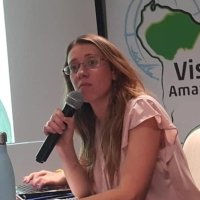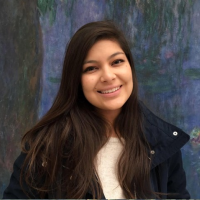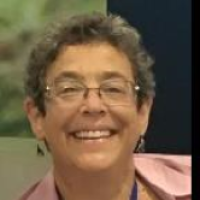Turning the Tide: Combating Latin America's Wildlife Trafficking Crisis

Wildlife trafficking is a key driver of biodiversity loss in Latin America, where wildlife populations are declining more quickly than anywhere else in the world. Harboring 40% of the Earth’s plant and animal species and home to four out of six of the world’s most biodiverse countries, Latin America is a global biodiversity powerhouse. But alongside other drivers like habitat loss and pollution, the rising rate of poaching and illegal wildlife trade across the region is pushing vulnerable species towards extinction and disrupting ecosystems. Still, there is an important window of opportunity to prevent the worst outcomes: wildlife trafficking in Latin America has not yet reached the levels that have decimated populations in Southeast Asia or Africa.
This timely webinar will examine the topography of wildlife trafficking in Latin America, including trafficking routes and consumer countries, broader implications for ecological stability, human security, and health, and potential national and cross-border efforts to address the issue. The discussion will build on insights from the recent report by the International Fund for Animal Welfare (IFAW), “Wildlife crime in Hispanic America,” the first-ever probe into wildlife trafficking that spans all 18 countries in Hispanic America.
This event has been cancelled.
Speakers



Environmental journalist and author; Contributor, The New York Times, National Geographic, and other outlets

Moderator

Hosted By

Environmental Change and Security Program
The Environmental Change and Security Program (ECSP) explores the connections between environmental change, health, and population dynamics and their links to conflict, human insecurity, and foreign policy. Read more


Latin America Program
The Wilson Center’s prestigious Latin America Program provides non-partisan expertise to a broad community of decision makers in the United States and Latin America on critical policy issues facing the Hemisphere. The Program provides insightful and actionable research for policymakers, private sector leaders, journalists, and public intellectuals in the United States and Latin America. To bridge the gap between scholarship and policy action, it fosters new inquiry, sponsors high-level public and private meetings among multiple stakeholders, and explores policy options to improve outcomes for citizens throughout the Americas. Drawing on the Wilson Center’s strength as the nation’s key non-partisan policy forum, the Program serves as a trusted source of analysis and a vital point of contact between the worlds of scholarship and action. Read more


Mexico Institute
The Mexico Institute seeks to improve understanding, communication, and cooperation between Mexico and the United States by promoting original research, encouraging public discussion, and proposing policy options for enhancing the bilateral relationship. A binational Advisory Board, chaired by Luis Téllez and Earl Anthony Wayne, oversees the work of the Mexico Institute. Read more


